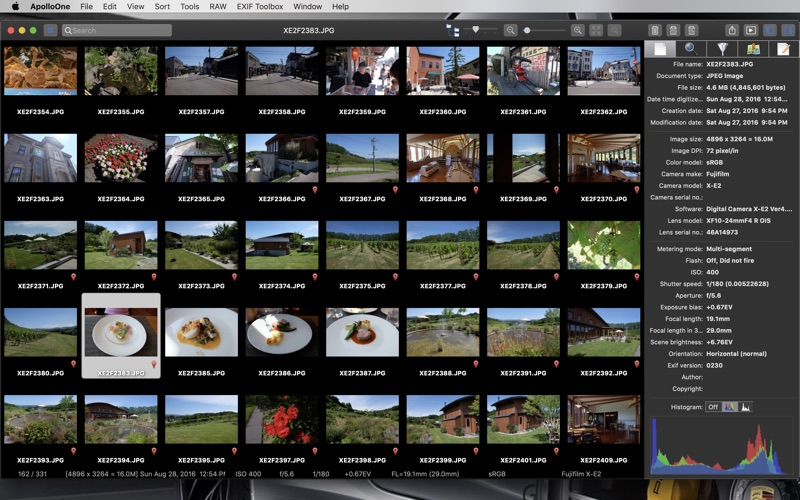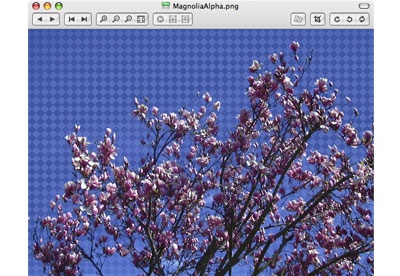| File Info | Description |
|---|---|
| File Size: | 28 kB |
| File Modification Date/Time: | 2017:03:18 18:18:45+00:00 |
| File Inode Change Date/Time: | 2017:11:05 07:07:54+00:00 |
| File Type: | Win32 EXE |
| MIME Type: | application/octet-stream |
| Warning: | Possibly corrupt Version resource |
| Machine Type: | Intel 386 or later, and compatibles |
| Time Stamp: | 2084:11:28 16:44:32+00:00 |
| PE Type: | PE32 |
| Linker Version: | 14.10 |
| Code Size: | 22016 |
| Initialized Data Size: | 49152 |
| Uninitialized Data Size: | 0 |
| Entry Point: | 0x5460 |
| OS Version: | 10.0 |
| Image Version: | 10.0 |
| Subsystem Version: | 10.0 |
| Subsystem: | Windows command line |
| File Version Number: | 10.0.15063.0 |
| Product Version Number: | 10.0.15063.0 |
| File Flags Mask: | 0x003f |
| File Flags: | (none) |
| File OS: | Windows NT 32-bit |
| Object File Type: | Executable application |
| File Subtype: | 0 |
| Language Code: | English (U.S.) |
| Character Set: | Unicode |
| Company Name: | Microsoft Corporation |
| File Description: | Sxs Tracing Tool |
| File Version: | 10.0.15063.0 (WinBuild.160101.0800) |
| Internal Name: | sxstrace.exe |
| Legal Copyright: | © Microsoft Corporation. All rights reserved. |
| Original Filename: | sxstrace.exe |
| Product Name: | Microsoft® Windows® Operating System |
| Product Version: | 10.0.15063.0 |
Xee is a lightweight, fast and convenient image viewer and browser. It is designed to be a serious tool for image viewing and management, with a sleek and powerful interface. Xee is useful as a more powerful replacement for Preview, or most any other image viewer available on Mac OS X. It is very fast, and uses less memory than most other image. XXE attacks are type of XML i njection which occurs when the user in able to include external XML entities either through XML injection or providing an XML file directly to the web application.
✻ Portions of file data provided by Exiftool (Phil Harvey) distributed under the Perl Artistic License.


Thank you for visiting OWASP.org. We recently migrated our community to a new web platform and regretably the content for this page needed to be programmatically ported from its previous wiki page. There’s still some work to be done.
Xee For Windows
Risk Factors
- The application parses XML documents.
- Tainted data is allowed within the system identifier portion of theentity, within the document type declaration (DTD).
- The XML processor is configured to validate and process the DTD.
- The XML processor is configured to resolve external entities withinthe DTD.
Examples
The examples below are from Testing for XML Injection (OWASP-DV-008).
Accessing a local resource that may not return
Remote Code Execution

If fortune is on our side, and the PHP “expect” module is loaded, we canget RCE. Let’s modify the payload
Disclosing /etc/passwd or other targeted files
Related Attacks
Related Vulnerabilities
Related Controls
Since the whole XML document is communicated from an untrusted client,it’s not usually possible to selectivelyvalidate or escape tainted data withinthe system identifier in the DTD. Therefore, the XML processor should beconfigured to use a local static DTD and disallow any declared DTDincluded in the XML document.
See Full List On Owasp.org
Detailed guidance on how to disable XXE processing, or otherwise defendagainst XXE attacks is presented in the XML External Entity (XXE) Prevention Cheat Sheet.
References
Blind SQL Injection
- OWASP XML External Entity (XXE) Prevention Cheat Sheet